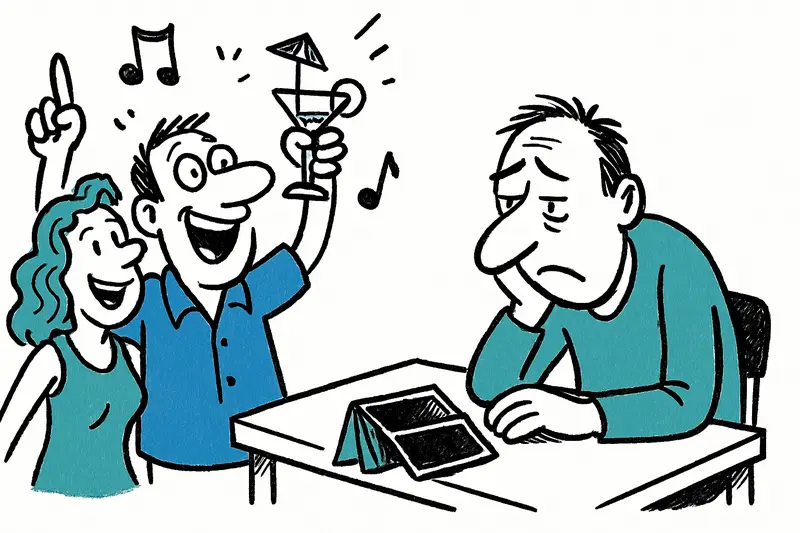El Arenal is full of sun umbrellas and sangria, yet the district ranks among Palma's poorest areas. A look behind Playa de Palma's façade.
When the party is in full swing and the home bank account is empty
Every evening Playa de Palma fills with people from Germany, laser lights, and the familiar playlist from the beach café on the corner. Suitcases roll, ice cubes clink, and street vendors with sun hats wave along the promenades. But just a few meters behind the beach bars, life looks different: cramped apartments, bus schedules, and people juggling three jobs to pay the rent.
Numbers you can feel
Current data show: In the El Arenal district the average income is just under €25,600 per year. In Sant Jaume, just a few kilometers toward the Old Town, households earn on average around €69,500 — almost three times as much. These aren't abstract statistics; they're examples of numbers for families, for the hairdresser on the street, and for the cleaner in the hotel.
I don't speak only from numbers. Last week, late in the morning, I met a waitress on Passeig who told me: "I work until 10 p.m., and yet there's often only the bare minimum left." Not a dramatic line. More like a tired tally of hours and shifts.
A city with two faces
Nou Llevant is growing, new apartments are shooting up, balconies with sea views cost money. In El Arenal, by contrast, balconies are narrow and laundry hangs over the street. Tourism brings money — yes. But it's distributed unevenly. This is noticeable in access to good jobs, in the prices for an apartment, and in quality of life.
In the evenings the bars fill up further. The music can be heard down to the last alleyways. The neighborhood has learned to live with the noise. Some see it as their chance, others as their daily obstacle. It's a delicate balance: service and beaches sell paradise, the residents behind the façades often pay with tighter means.
What now? Small steps, big impact
Concrete solutions start small: higher wages in the industry, affordable housing near the beach, and reliable contracts instead of constant temporary jobs. It sounds simple, but it's not. If the island really wants to live sustainably, politics and business must tackle where the divide is clearest.
I will keep looking — not only in the evening when the lights glow, but also in the morning when the waste truck comes and the shifts begin.
Similar News

Mallorca's service providers brace for a lean winter as businesses plan earlier closures
After a weaker summer, many restaurants, bars and shops on Mallorca expect lower off-season revenues. Higher levies and ...

Palma's Metro to Son Espases Hospital Extended
Balearic Islands president Marga Prohens has announced that the Palma metro line will be extended to Son Espases Hospita...

Imserso sale starts: Senior trips to the Balearic Islands now bookable
From 9:00 AM retirees can book the Imserso trips to the Balearic Islands. Few places, new discounts — and pets allowed f...

When One Job Isn't Enough: Why Many in Mallorca Need Two or More Jobs
On Mallorca, many people take on multiple jobs to cope with rising rents and living costs. A look at reasons and consequ...

Balearic Islands: Why so many people here have two or more jobs
A new study shows: On the Balearic Islands, significantly more people work in parallel than the Spanish average. The rea...
